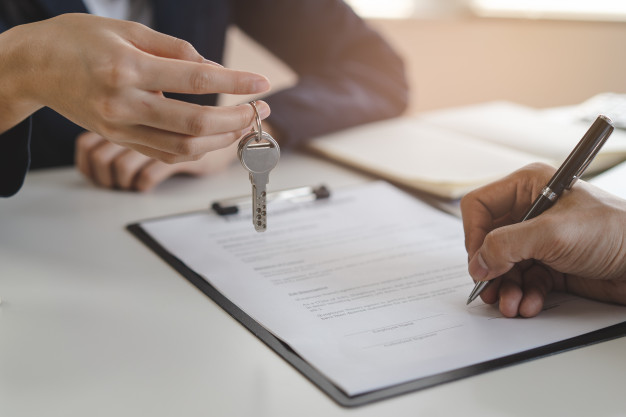For many years now, one of the main ways to get ahead financially in Australia is by investing in property. It makes sense, as real estate is usually an appreciating asset. Also, passive income is great – you can earn money while doing your regular job, or if you’re retired.
Although with these benefits come responsibility. As a landlord, you are responsible for maintaining the property to an acceptable standard, undertaking any repairs as needed and as requested by your tenants, and ensuring their safety.
In this useful article, we’re going to focus on safety requirements that you need to adhere to when letting out your investment property.
Electrical Safety
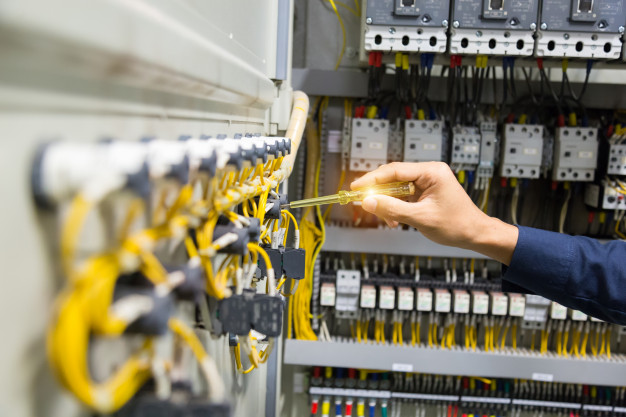
According to AllElectricsMelbourne, as a landlord, you are responsible for maintaining the electrical safety of your rental property.
Now, there are a few different aspects of electrical safety. We’ll go through them, one by one.
Smoke Alarms
As a landlord, you are responsible for ensuring that your property is equipped with working smoke alarms. These days, smoke alarms should be hardwired into the properties circuitry, with a battery installed for backup in case of a blackout.
You have some responsibilities for the smoke alarms in your investment homes. For instance, if one is not working, you need to repair or replace it within two business days. Also, you need to have them checked over once a year and also replace the batteries once a year.
Finally, smoke alarms become defunct after ten years, so keep records and put reminders in your calendar to replace them after this period.
Safety Switches
Some Australian territories and states require landlords to have safety switches installed on all circuits, lighting wiring, and powerpoints. This is legislation in WA and Queensland, and other states have their own guidelines.
Electrical Safety Inspections
Finally, landlords are also responsible for arranging an electrical safety inspection at the request of their tenants. For instance, a tenant may notice flickering lights or an exposed wire.
If your tenant requests this, you need to engage a qualified, licensed, and insured electrician to carry out the inspection.
They will inspect all wiring, circuitry, and powerpoints and ensure that the home is safe. A home with unsafe wiring or other electrical hazards can pose a serious risk of fire, electrocution, and worse.
You Are Responsible for Urgent Repairs
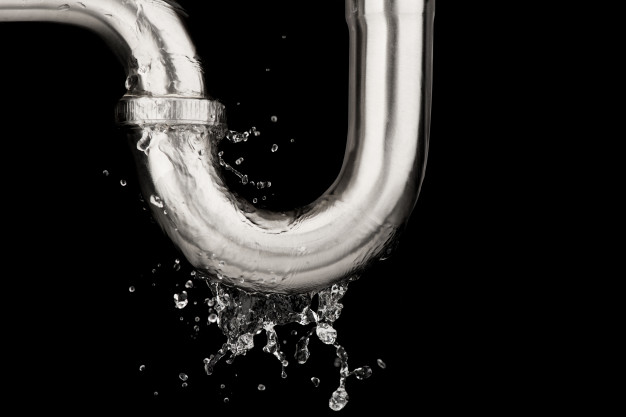
As a landlord, it is your responsibility to ensure that your home is fit to live in. This means that you are required to carry out urgent repairs in the case of a major incident occurring in the home. This could include, but is not limited to:
- Blocked toilets and drains
- Burst water pipes
- Gas leaks
- Serious electrical fault
- Roof leaks
- Storm, flood, or fire damage
- Essential appliance breakdown (heating, cooling, dishwasher)
If you don’t arrange these repairs, the tenants are within their rights to have the service carried out and then send you the bill. So, save yourself the headache and know you’re doing the right thing by immediately repairing any major issues.
Security, Doors, and Locks

Another thing that you need to be across is ensuring that your investment property is safe, secure, and safe from intruders. This means that all external doors, including security doors, must have locks fitted. You may also want to consider deadlocks on your front and back doors. At a bare minimum, you need locks on the doors and windows, but you may also consider installing more security measures such as CCTV, alarm systems, and more.
Window, Balcony, and Verandah Safety
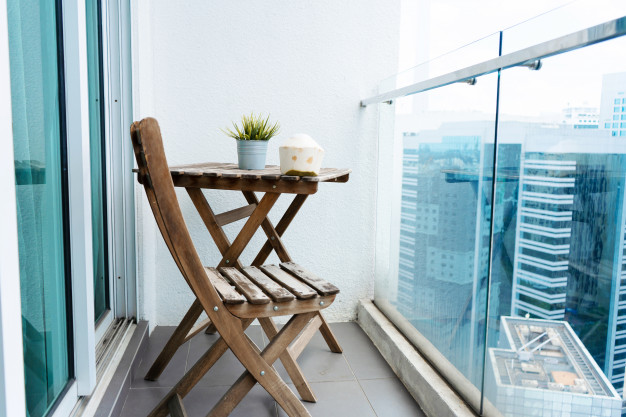
Did you know that every year, people fall off balconies or from windows? Sometimes this results in serious injury or even fatality. As a landlord, you need to ensure all windows have locks on the inside, and any doors leading to balconies or raised verandahs need locks too.
You also need to have any balconies, patios, verandahs, and the like inspected. Any decay, rot, or termite infestation can seriously undermine the structural integrity of these structures, and a collapse could be deadly. Have them assessed by a professional building inspector regularly, perhaps once a year.
Tripping Hazards
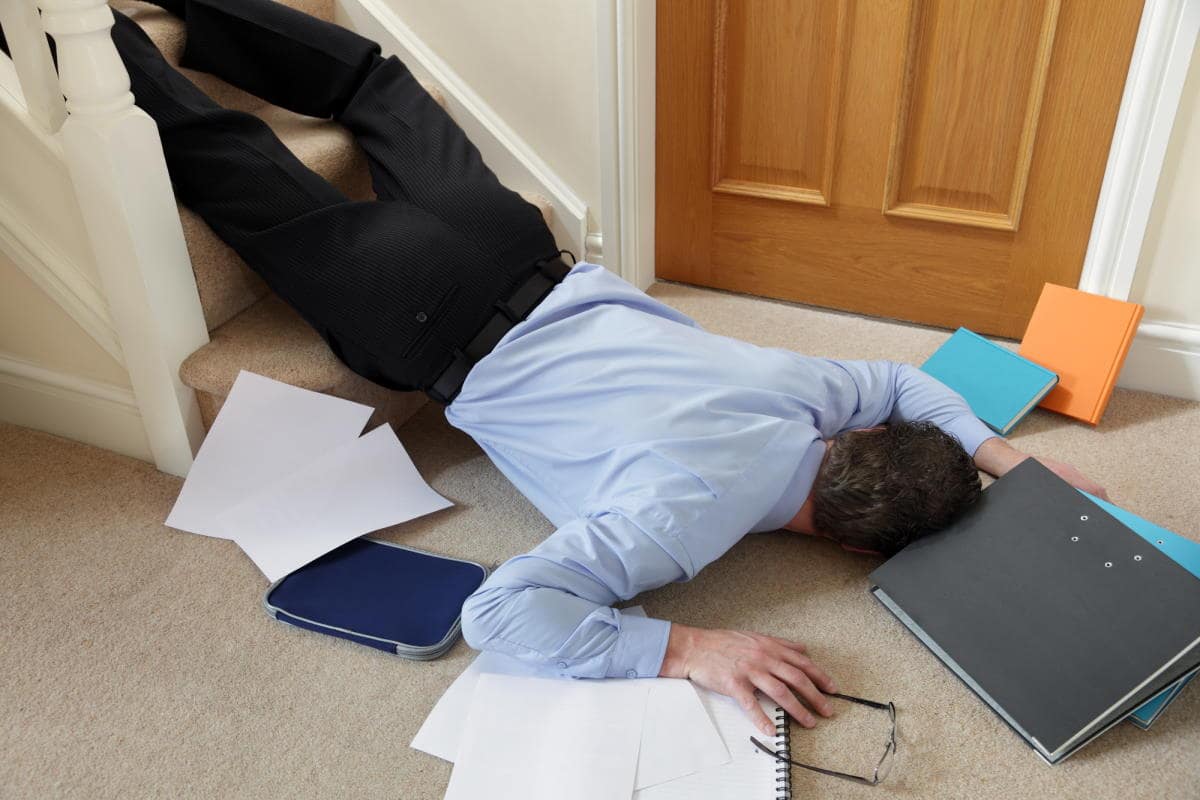
As a landlord, it’s also your responsibility to keep the home and the yards free of tripping hazards. We don’t mean any of the tenant’s furniture, cords, or kids’ toys for example – that’s their responsibility.
But any hazards on garden paths, or inside such as warped flooring due to issues with the home – that’s your responsibility.
Gas Lines and Fittings
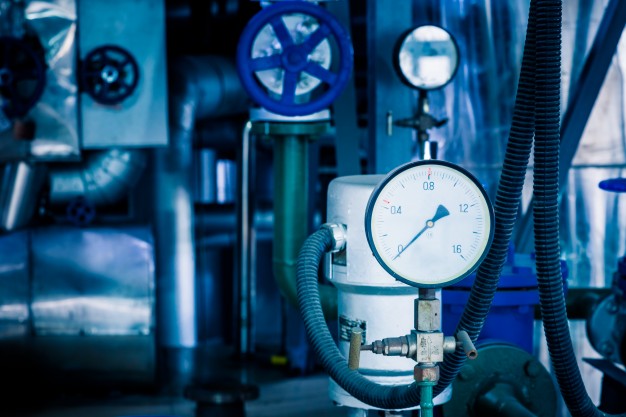
Another thing that you are responsible for looking after at your investment property is that all gas lines, appliances, fittings and the like are maintained and free of leaks.
A gas leak is a serious hazard and can result in explosions or carbon monoxide poisoning. So, if you have a gas heater installed at your rental home, have it serviced every two years. A heater service will include a carbon monoxide measurement. If your appliance is unsafe, it’s your responsibility to replace it.
Pool Safety and Fences
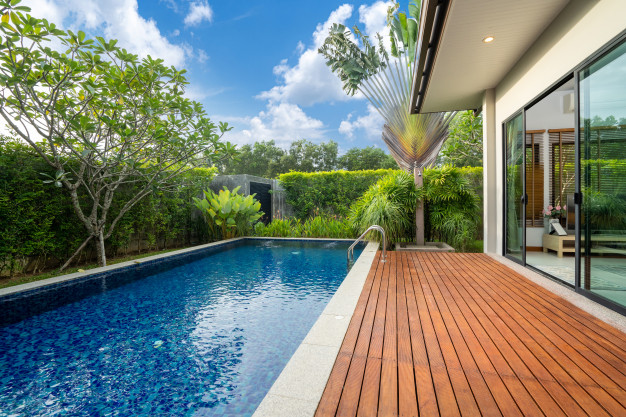
Finally, the last thing you are responsible for is pool safety and fencing. If your rental home has a pool or spa, you need a fence. Click this link to know what fence type could be the best for your property. Each state and territory has its own requirements for pool safety. As a rule of thumb, they generally need a latch lock mechanism that is out of reach of young children. If your tenants have children you need peace of mind for yourself and them.
A Safety Sum Up
In this handy article, we’ve explained what you are responsible for as a landlord when it comes to ensuring that your investment property is safe for occupancy. You need to ensure electrical safety, carry out urgent repairs, make sure the home is secure and locked and look after window, door and balcony safety. Also, you need to address any tripping hazards, as well as servicing gas appliances and repairing gas leaks. Finally, you are also responsible for pool safety fences and locks.



